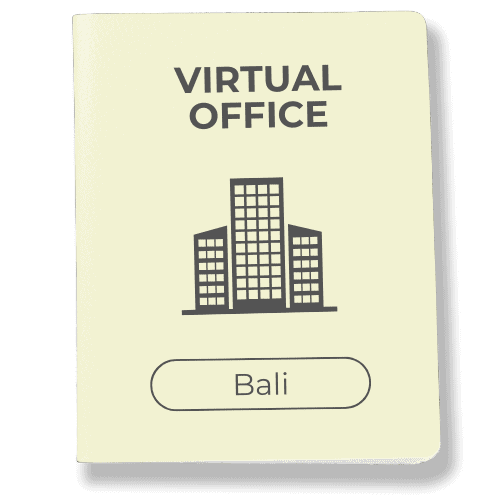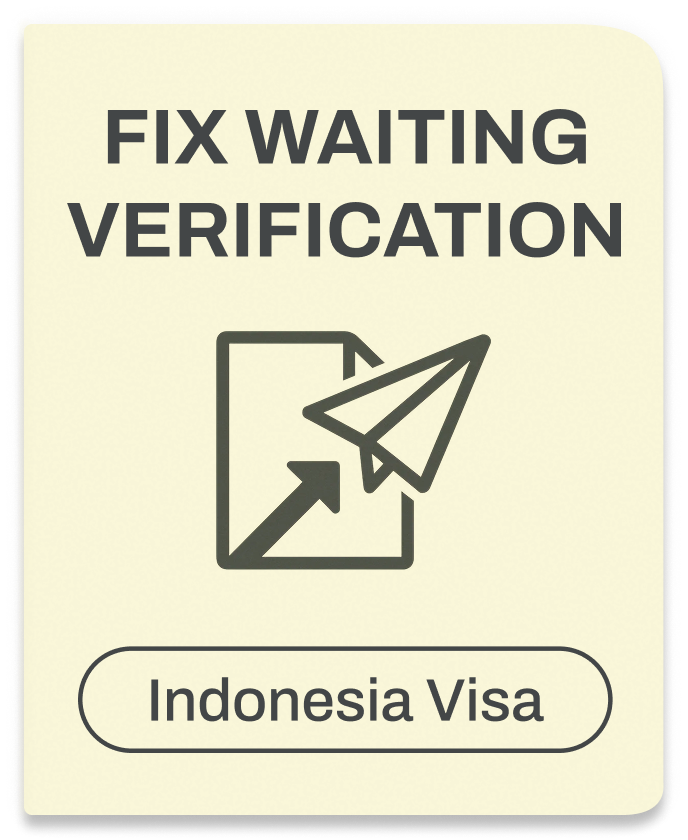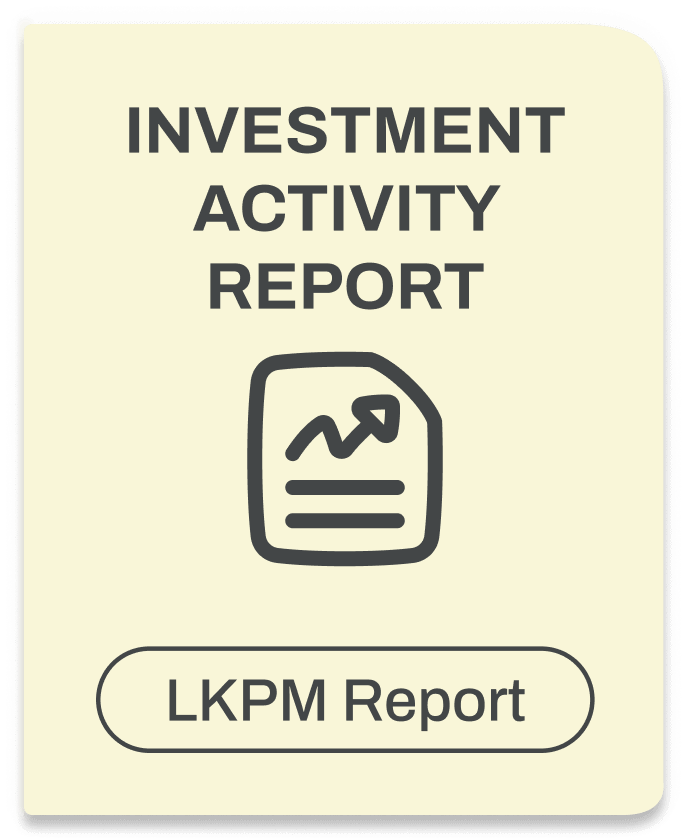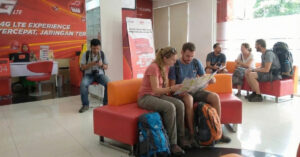Having a Baby in Bali As a Foreigner

Yes, you can have a baby in Bali, and many foreign families do so each year. Whether you’re planning a natural birth at Bumi Sehat, a hospital delivery at BIMC or Siloam, or even a home birth with a licensed midwife, Bali offers options for every preference and budget. Costs range from just IDR 1 million at a birth center to over IDR 85 million at private hospitals for a C-section.
But giving birth here also means dealing with paperwork. You’ll need to register your baby’s birth with both Indonesian authorities and your home country’s embassy, apply for a passport and visa for your child, and understand local healthcare systems for prenatal and postnatal care.
In this guide, we walk you through it all, your birth setting choices, cost breakdowns, insurance essentials, legal steps, travel requirements, and even how to connect with Bali’s parent-friendly expat community.
Table of Contents
Having a Baby in Bali: Hospitals, Birth Centers, or Home Birth?
In Bali, you’ve got a few options for where to give birth:
- Hospital Birth: If you want access to doctors, epidurals, or emergency care, this is the most family-friendly option. Popular hospitals like Bali International Hospital, Siloam, and Sanglah Hospital (RSUP Prof. Dr. I G. N. G. Ngoerah) offer modern care. Some families choose this for peace of mind.
- Birth Centers: Places like Bumi Sehat, founded by Ibu Robin Lim, are well-known for natural births and a gentle, home-like vibe. These centers focus on midwife-led care, filtered water use, and respectful birth practices. Many families take a natural birth course to prepare for a gentle, low-intervention process and better understand the normal, empowering experience these centers support.
- Home Birth: This is possible if you’re low-risk and working with a trusted midwife or doula. It’s a more personal process that can be empowering for those who have decided on a normal, low-intervention birth, but requires serious planning and emergency backup.
Families who have decided on a particular birth setting often do so after considering what kind of process and experience they want for their childbirth journey.
💡 Tip: Wherever you give birth, check if baby monitors, baby cot, and car seats are available, or if you need to bring your own.
What Does It Cost to Have a Baby in Bali?
Costs in Bali depend on both your chosen facility and your type of delivery. Here’s a more specific look based on 2025 figures:
- Hospital Birth (Private Room): Expect to pay around IDR 15–24 million for a standard vaginal delivery, and IDR 30–35 million for an ERACS C-section at newer hospitals like Bali International Hospital. At other private hospitals like BIMC and Siloam, vaginal births typically cost IDR 10–20 million, and C-sections range from IDR 20–35 million.
- Natural Birth at Bumi Sehat or Gentle Birth Centers: Donations are welcome (typically IDR 1–5 million if you can afford it), but they prioritize access to all. These centers are known for being more affordable than private hospitals. Their holistic model is midwife-led and focuses on respectful, low-intervention births.
- Home Birth with Licensed Midwife: A complete home birth package ranges from IDR 12–25 million. This often includes prenatal checkups, a birth kit, and postnatal home visits. Ensure your midwife is licensed in Indonesia and has clear emergency protocols.
Some packages include essentials like a baby cot, postnatal care, or lactation support, but extras may need to be paid for separately. Many don’t cover items like baby monitors, circumcision, or pediatric assessments, so request a breakdown of what’s included and what’s not before booking.
Hidden Costs to Watch For
- Ultrasounds & Lab Tests: Expect to pay around IDR 350,000–1,200,000 per visit, depending on the facility. If your pregnancy is high-risk or if you’re over 35, you may need more frequent checkups, including blood panels, fetal monitoring, and anomaly scans.
- Newborn Needs: Don’t assume the hospital will provide basics. Items like a baby carrier, baby monitors, or car seats are often your responsibility. International clinics may include a few starter items, but most parents source these themselves or bring them from abroad.
- Filtered Water: Most expat families avoid using tap water for formula prep or newborn bathing. Budget for a quality water filter system or bottled water delivery, around IDR 150,000–300,000 per month.
- Vaccines or NICU Care: Routine newborn vaccinations like Hepatitis B and BCG are sometimes charged separately, especially in private hospitals. NICU care, if needed, can be extremely expensive. A 24-hour stay can easily cost IDR 8–15 million, and that’s not including specialist fees, tests, or medications.
If you’re settling into a house long-term, factor in extra costs for babyproofing, such as installing pool fences, securing furniture, and setting up a safe sleeping area.
Planning a Birth
Planning a birth in Bali is all about preparing and ensuring your family’s needs are met from day one. Whether you’re staying in a villa with a private pool or a family-friendly hotel, it’s important to check that your accommodation is set up for a baby, think baby cots, baby monitors, and secure pool fences for peace of mind.
Many villas offer these amenities, but confirming in advance is always wise. When it comes to food, Bali is a great place for families, with plenty of restaurants serving healthy baby food and staff who speak excellent English, making mealtimes stress-free.
To keep everyone healthy, stick to bottled or filtered water and avoid tap water to steer clear of Bali belly, especially when preparing bottles or washing baby items. With a bit of planning, young families can relax and enjoy those precious morning naps and poolside moments, knowing their Bali birth experience is off to a smooth start.
Legal & Paperwork Roadmap

Giving birth in Bali is a memorable experience, but if you’re a foreigner, it comes with paperwork for both you and your baby. It might sound tricky, but once you know the steps, it becomes a smooth and simple process.
Step 1: Obtain Hospital Birth Certificate
When the baby is born:
- Request the official birth letter (Surat Lahir) from the hospital
- Ensure the child’s name is written in Latin letters
- Carefully verify all names are spelled correctly
- Make several copies immediately
- Some hospitals offer complete documentation services for approximately 500,000 IDR
Step 2: Get SKTT (Letter of Domicile)
- Process your SKTT (Letter of Domicile) – this can be done even before birth
- This proves your legal residency status in Indonesia
- Required for several subsequent registration steps
Step 3: Register for Indonesian Birth Certificate
Visit the Civil Registry Office (Dispendukcapil):
- Location: Jalan keba Iwa, Gianyar (0361) 943236
- Best time: Visit in the morning (offices typically close at 3 PM)
- Processing time: 7-14 working days
Required documents:
- Hospital birth letter (original)
- KITAS of both parents (if applicable)
- Passports of both parents (originals and copies)
- Marriage certificate (original, translated into Indonesian if needed)
- SKTT (Letter of Domicile) for parents
- Completed registration forms in Indonesian (filled on-site)
- 2 passport photos or copies of witnesses (friends can serve as witnesses)
- In some cases: signature from the head of Banjar of your village
Costs:
- Officially free of charge
- May request around 50,000 IDR as “tips”
Step 4: Apply for Baby’s Passport
At your home country’s embassy:
- Contact embassy immediately after receiving Indonesian birth certificate
- For married couples: Either parent can apply
- For unmarried couples: Only the mother can apply
- Child’s presence is typically not required
- Processing times vary by country
- If parents are from different countries, check eligibility for multiple passports
Step 5: Register with Indonesian Immigration (Baby Birth Report)
Critical timing: Must be completed within 60 days of birth to avoid overstay penalties
At the Immigration Office: Required documents:
- 2 photos of the child (4×6 size)
- Child’s birth certificate
- Child’s passport (original and copy)
- Parents’ passports (copies and visa pages)
- Parents’ KITAS (if applicable)
- SKTT (Letter of Domicile) of both parents
- Certified translation of marriage certificate (if married)
- Letter from visa sponsor + copy of sponsor’s ID
Important: Either parent can handle this process; child does not need to be present.
Step 6: Apply for Dependent KITAS
Final step for legal residency:
- Apply for Dependent KITAS (matches parent’s KITAS/ITAS status)
- Processing time: approximately one month
- Grants child legal residency in Indonesia
- Must be completed within the 60-day window
For non-KITAS holder: The baby’s visa will follow the same type as the parents’ current visa and cannot be applied online – it must be submitted manually at Immigration. You’ll need to attach the parents’ documents along with the required paperwork for the specific visa type. Importantly, the validity follows the parent’s remaining visa validity, not the standard duration for that visa type.
For example, if parents hold a C1 visa that normally has 180 days validity, but their C1 visa only has 40 days remaining at the time of application, the baby will receive a C1 visa with only 40 days validity (not the full 180 days). The visa type remains the same (C1), but the duration matches the parent’s remaining time.
Need Help With Your Baby’s Visa Process?
Think about it. You’ve just had a baby. And, your baby’s visa has to be done manually at the Immigration office. That means you’ll need to go there multiple time in person with all your documents.
But here’s the good news: we can make this way easier for you. we’ll check all your paperwork first. We make sure everything is correct before you go. Then we’ll submit the documents for you. This means you only have to visit the Immigration office once instead of running back and forth.
Post-Natal Care
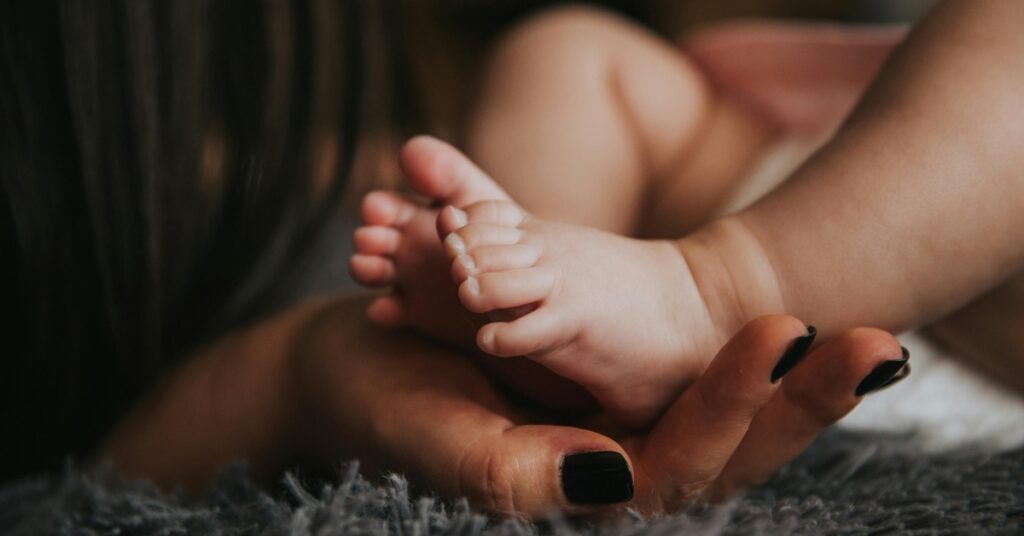
After giving birth in Bali, post-natal care becomes a top priority for both mother and baby. Many hospitals and birthing centers on the island offer comprehensive post-natal services, including regular check-ups, vaccinations, and support for breastfeeding.
For families staying in villas or hotels, hiring a nanny or arranging private post-natal care can make the transition smoother, allowing parents to rest and bond with their new baby. Bali’s family-friendly beach clubs and restaurants often provide baby facilities, so parents can enjoy a meal or a day at the beach without worry.
Nutritious food is widely available, and the relaxed island atmosphere helps families focus on recovery and quality time together. By making use of these resources, young families can ensure a healthy, happy start for their newest member while enjoying all that Bali has to offer.
Community Support
One of the most comforting aspects of family life in Bali is the strong sense of community that surrounds young families and babies. The island is filled with opportunities to connect, whether through local parent groups, online forums, or regular meetups organized by expat families.
These communities are invaluable for sharing tips, advice, and recommendations on everything from baby-friendly villas and hotels to the best places for kids to play and parents to relax. Many accommodations offer kids’ clubs, babysitting services, and communal spaces where families can meet and unwind.
By tapping into these networks, parents can find support, make new friends, and get the inside scoop on family travel and life in Bali, making the island not just a great place to visit, but a perfect place to grow together as a family.
Ready to Apply or Extend Your Visa?
Let our visa specialists handle your application.








